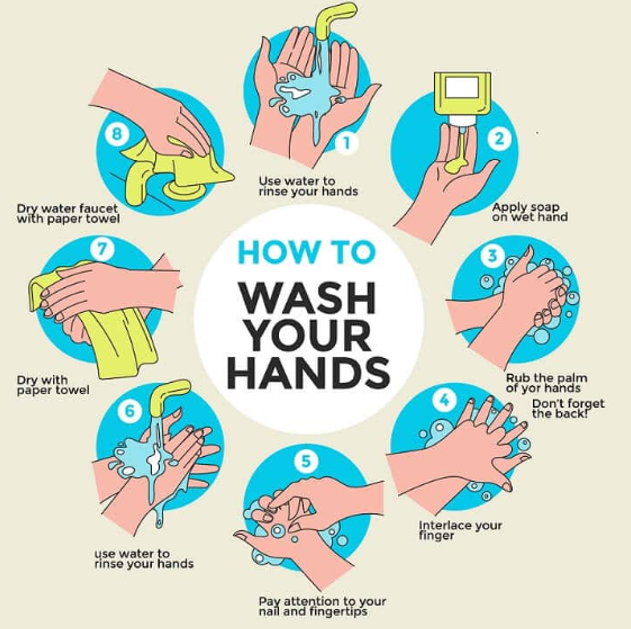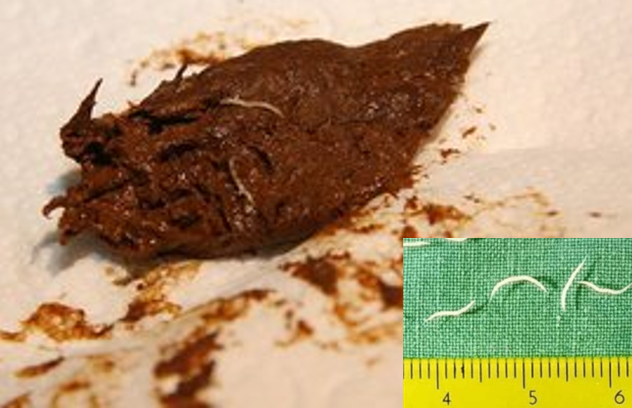Threadworms
Threadworms (pinworms) are tiny worms in your faeces. They're common in children and spread easily. They look like pieces of white thread. You might also see them around your child's bottom (anus). The worms usually come out at night while your child is sleeping.
As well as seeing the worms themselves symptoms may include:
- Extreme itching around the anus or vagina, particularly at night
- Irritability and waking up during the night
- Weight loss
- Wetting the bed
- Irritated skin around the anus
How threadworms spread
NHS UK NHS UK Threadworms states "Threadworms spread when their eggs are swallowed. They lay eggs around your bottom (anus), which make it itchy. The eggs get stuck on your fingers when you scratch. They can then pass on to anything you touch, including":
- Clothes
- Toys
- Toothbrushes
- Kitchen or bathroom surfaces
- Bedding
- Food
Eggs can pass to other people when they touch these surfaces and then touch their mouth. The eggs can survive up to 2 weeks. The larvae hatch from the eggs in your gut after you swallow them, and take 1 to 2 months to mature into threadworms.
Anyone but especially children can get threadworms again after they've been treated for them if they get the eggs in their mouth. This is why it's important to encourage everyone to wash their hands regularly.
The community pharmacy is an ideal place to go to for support because of its convenience, the anonymity, being counselled in a quiet / confidential area to reduce embarrassment and the fact they can be treated without needing to see a GP. The pharmacist will counsel the customer(s) / patient(s) and suggest various things including:
- Treating everyone in the house at the same time.
- The use of medicine usually Mebendazole to kills the threadworms, but it does not kill the eggs. Eggs can live for up to 2 weeks outside the body.
- A second course 2 weeks after the first course to kill any eggs after they hatch and before they can lay new eggs.
- Washing hands and scrubbing under fingernails regularly – particularly before eating, after using the toilet or changing nappies
- Showering daily
- Rinsing toothbrushes before using them
- Keeping fingernails short
- Washing sleepwear, sheets, towels and soft toys (at a hot temperature) every day for several days after treatment
- Disinfecting kitchen and bathroom surfaces
- Regular vacuuming
- Making sure everyone in the household wears underwear at night and changes it in the morning
- Not shaking clothing or bedding, to prevent eggs landing on other surfaces
- Not sharing towels or flannels
- Not biting nails or sucking thumbs and finger
- Continuing to work or going to school normally

Remember this can be a very embarrassing subject for the customer / patient so confidentiality and empathy should be encouraged at all times. Also if Mebendaole is being requested or in any doubt on anything always refer to the pharmacist because Mebendazole can only be bought over the counter (OTC) for certain age groups and the pharmacist will be aware of this. They will also be aware what information to counsel the family member(s) with!


